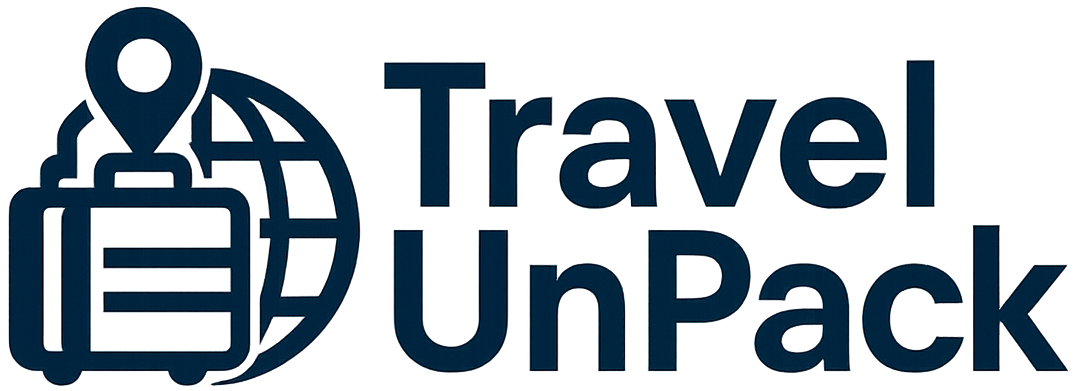The Value of Extracurricular Experiences in the Professional World
Have you ever thought about how activities outside the classroom or the corporate environment can shape your career? Many candidates underestimate the power of volunteering, free courses, sports, independent projects and even hobbies when looking for an opportunity in the market. However, these experiences develop valuable skills - such as leadership, resilience and creativity - that are not always cultivated in traditional jobs.
Modern companies value complete professionals who are able to solve problems under pressure, work as part of a team and adapt to change. A LinkedIn study reveals that 42% of recruiters consider extracurricular experiences to be just as important as formal work history. Imagine two candidates with similar backgrounds: who will stand out? Probably the one who can articulate how an exchange trip improved their communication skills or how organizing a charity event improved their time management.
But how do you turn these activities into convincing arguments? First, you need to identify them. List everything you've done beyond the obvious: from a personal blog to taking part in marathons. Then reflect on the skills you've acquired. For example, playing in a band may have developed discipline and collaboration, while a scientific research project sharpened your critical analysis.
Here's a challenge: take your current CV and mark where these experiences could be inserted. Don't treat them as "just a hobby". They are tangible evidence of its potential.
Identifying Transferable Skills in Unconventional Activities
Do you think that working as a waiter during college has nothing to do with the data analyst position you want? Think again. Waiting tables requires organization, multitasking and the ability to deal with difficult customers - essential skills in any field. The key is to bridge the gap between what you've experienced and what the market is looking for.
Transferable skills are those that can be applied in multiple contexts. Teamworkfor example, is just as relevant in a university extension project as it is in a corporation. The strategic thinking can be demonstrated through a chess tournament or the creation of an investment club. What matters is the narrative.
Let's look at a real case: Ana, a law student, took part in an amateur theater group. At first, she saw no connection with her field. However, when she applied for an internship, she highlighted how memorizing texts improved her oratory and how improvising on stage helped her think quickly during debates. The result? She attracted attention for going beyond the technical.
To map out your own skills, do this exercise:
1. choose three extracurricular experiences.
2. Write down three challenges faced in each one.
3. Relate them to skills required in your field (see job descriptions on [LinkedIn](https://www.linkedin.com) or [Glassdoor](https://www.glassdoor.com.br)).
That's it! You've just created a unique repertoire for interviews.
Building a Powerful Narrative on your Resume and LinkedIn
There's no point in having rich experiences if they are hidden or poorly explained. Your CV should tell a cohesive story, where every detail reinforces your professional profile. Avoid generic sections such as "Other Activities". Instead, use strategic headings: "Leadership and Volunteering" or "Creative Projects".
How many times have you read something like "I took part in a social project"? That doesn't say anything. Compare it with: "Coordinated a team of 10 volunteers in a campaign that collected 5 tons of food, optimizing logistics with Excel spreadsheets". See the difference? Numbers and concrete actions turn the trivial into the memorable.
On LinkedIn, go further. Include photos of events, links to work (such as an academic article or a video of a lecture) and ask colleagues for recommendations on these activities. A former teacher of a photography course can endorse your creativity, even if you work in finance. Platforms such as [Canva](https://www.canva.com) offer templates to highlight these elements visually.
And don't underestimate the "Interests" field. Knowing that you're a marathon runner can suggest determination; mentioning a book club indicates intellectual curiosity. These are clues that recruiters connect to the company's culture.
How to Use Extracurricular Experience in Job Interviews
"Tell us about yourself" - this is the perfect cue to bring out your unconventional experiences. Instead of repeating your CV, tell a story. For example: "My passion for teaching began by giving guitar lessons to underprivileged children. It showed me how to simplify complex concepts, something I apply today in corporate training."
Anticipate objections. If the interviewer asks: "What does this have to do with the job?", have answers ready. A former athlete might say: "Sport has taught me that defeats are lessons. When a project doesn't work out, I analyze the mistakes and adjust course - just as I do after every match."
Behavioral situations (such as "Describe a time you dealt with conflict") are golden opportunities. Use extracurricular examples to differentiate yourself. Perhaps resolving a fight between members of a book club shows more diplomacy than a generic corporate scenario.

Practice out loud. Record a video or ask friends for feedback. Naturalness is crucial. You want to sound authentic, not like you're memorizing a script.
Real Cases: Who Stood Out Using This Strategy
Meet Ricardo, an engineer who joined Tesla. He didn't have an internship at a multinational, but he did build floats in his neighborhood. Instead of hiding it, he explained how this experience made him adept at managing tight budgets and working to short deadlines - exactly what Tesla was looking for in its production line.
Luísa, a psychologist, used her YouTube channel on mental health to win a job in HR. Her videos proved her ability to communicate complex ideas clearly, a critical skill for training employees.
These examples show a pattern: those who think outside the box find opportunities where others see only hobbies. Platforms like [TED Talks](https://www.ted.com) are full of stories like this (watch "How your passions can boost your career").
How about researching professionals in your field on LinkedIn and seeing how they have incorporated different interests into their career? Write down ideas for inspiration.
Tools to Document and Validate Your Skills
How can you prove that your extracurricular experiences have made an impact? Certificates, portfolios and digital badges make a difference. Sites like [Coursera](https://www.coursera.org) or [edX](https://www.edx.org) offer courses with recognized credentials. Even if you've learned something on your own, platforms like [Skillshare](https://www.skillshare.com) allow you to create practical projects to show off.
For informal activities, create a document in Notion or Google Drive with:
- Photos or videos of events.
- Testimonials from people involved.
- Metrics (e.g. "I increased the audience of the college poetry festival by 30%").
If you've taken part in competitions, include rankings or articles from the local press. All this can be shared via a link on your CV or profile.
The Most Common Mistake (and How to Avoid It)
Many candidates make a fatal mistake: list activities with no connection to the job. Including "wine club member" for a job in accounting only makes sense if you relate it to networking or consumer data analysis.
The solution? Personalize it. Adjust your CV for each vacancy. Keep a bank of experiences and select the most relevant ones. Use keywords from the job advertisement. If the company values "innovation", highlight that science fair where you created a sustainable prototype.
Remember: the aim is not to impress with quantity, but to show off how you solve problems.
Next Steps: Putting It All into Practice
Now it's your turn. Set aside 30 minutes this week to:
1. Revise your CV and add at least two extracurricular experiences with mapped skills.
2. Record a 1-minute pitch telling one of these stories.
3. Comment below on which activity you'd like to highlight from now on!
Small adjustments lead to big changes. Your next opportunity could be hidden in what you're already passionate about. How about starting today?



